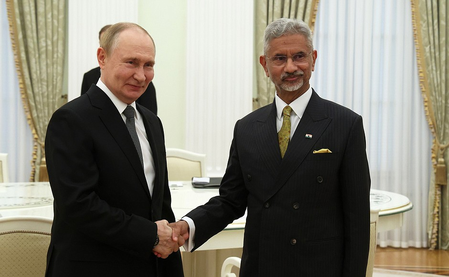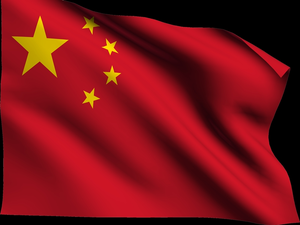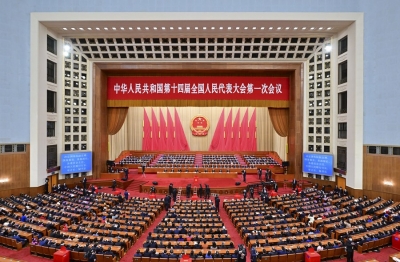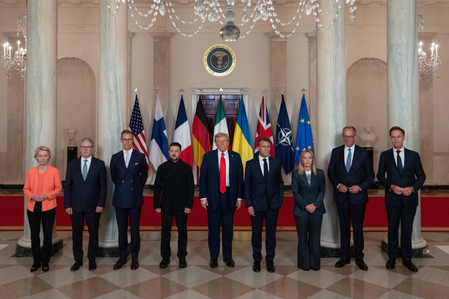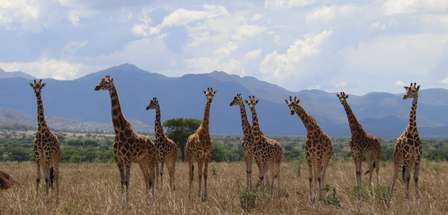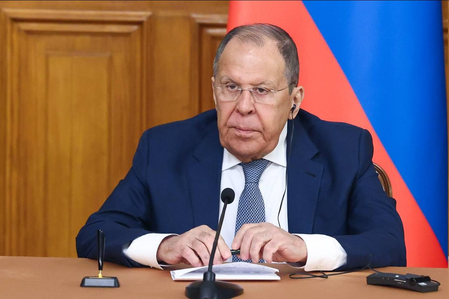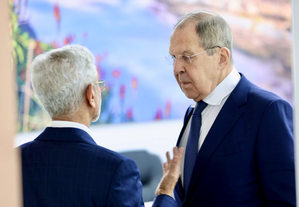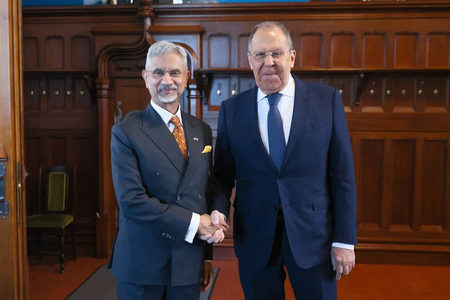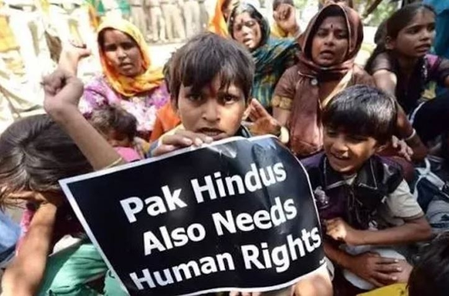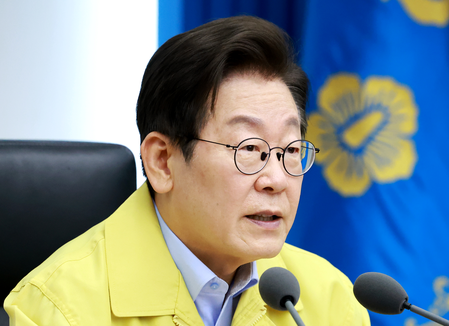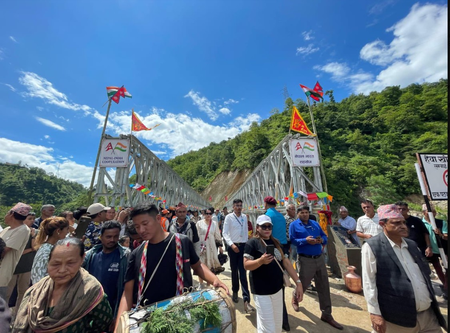
Athens, Aug 21 (IANS) China’s campaign does not depend on tanks or missiles, but it uses narratives, censorship and manipulation to infiltrate societies in other nations, shape perceptions and consolidate power at home, a report highlighted on Thursday citing China’s global propaganda efforts as “warfare without bullets”.
“It is a slow-moving, relentless assault on truth, designed not merely to persuade but to control. For decades, authoritarian regimes have used propaganda to shield themselves from internal dissent and international scrutiny. But under Xi Jinping, the Chinese Communist Party (CCP) has transformed propaganda into a transnational weapon, targetting foreign media, academia, technology, and even culture. It is warfare without bloodshed, yet the consequences are as destabilizing as any armed conflict,” stated Li Yuanhua, a former Chinese history professor, now living in Australia, in a report in Athens-based Geopolitico.
The report mentioned that through such efforts, China wants to redefine global norms, reduce criticism of its human rights record and enhance its geopolitical reach while eroding the free flow of information in democratic societies. As per the report, the Chinese Communist Party’s (CCP) propaganda machine is not restricted to China’s borders. Li Yuanhua termed the CCP’s transnational repression conducted through media attacks as an “ideological infiltration campaign.”
According to Li, the CCP has been entering media circles in the West, gradually leveraging journalists of other countries for its own benefits. Apart from using paid advertisements and planted opinion pieces, he said the CCP also gathers personal information regarding reporters, investigating “pressure points” like family ties or vulnerabilities that could be exploited, Geopolitico reported. Li mentioned that media professionals in the West are being asked to package narratives on subjects that remain censored in China. By doing so, these journalists allow China to extend its grip over international discourse.
China also makes use of social media platforms for its disinformation tactics. State-linked accounts share content on Twitter, Facebook, and YouTube, where they praise China’s governance model while targeting its critics. During the protests held in Hong Kong in 2019, Twitter (now X) found hundreds of accounts related to Chinese state actors who portrayed demonstrators as violent rioters manipulated by “foreign forces”, the report detailed.
Furthermore, reports of algorithmic bias towards pro-CCP content continue to surface regarding social media platform TikTok, owned by Chinese company ByteDance. The Geopolitico report mentioned, “Videos critical of Beijing’s human rights abuses in Xinjiang or Tibet often vanish without explanation, while content amplifying China’s achievements is promoted. The subtlety of such manipulation — what is shown and what is hidden — makes it all the more effective, particularly for younger audiences who consume most of their news through short-form content.”
“Beyond platforms, Beijing invests heavily in surveillance and artificial intelligence, exporting these tools to allied authoritarian states. While presented as technology for ‘public safety,’ these exports normalise mass censorship and surveillance, creating a digital environment conducive to authoritarian narratives. It is the exportation of repression under the guise of modernization,” it added.
China also makes propaganda efforts at universities and cultural institutions. The report said, “Through Confucius Institutes, ostensibly centres for promoting Chinese language and culture, the CCP has embedded itself in universities across the world. While marketed as benign, these institutes frequently exert pressure on host institutions to avoid topics Beijing deems ‘sensitive’ — Tibet, Taiwan, Hong Kong, and the Tiananmen Square massacre. The result is a chilling effect on academic freedom. Professors and students who challenge Beijing’s line face harassment, while universities risk losing funding if they allow open discussion of China’s abuses.”
According to the Geopolitico report, Chinese box office revenues are so lucrative that major studios in Hollywood often self-censor, make changes in scripts in compliance with the demands of Chinese authorities. Scenes criticising China are removed, villains having Chinese backgrounds are rewritten and any references to Taiwan or Tibet are removed.
While showcasing its strength abroad, China reassures people of the country regarding its legitimacy. The CCP shows Chinese talking points in companies or foreign government as proof to its people that their governance model is admired across the world. In addition, criticism within China is silenced with independent journalists vanishing, websites removed, and ordinary people facing prison for sharing critical views online. The so-called Great Firewall blocks foreign media and promotes state-controlled platforms.
–IANS
akl/as




